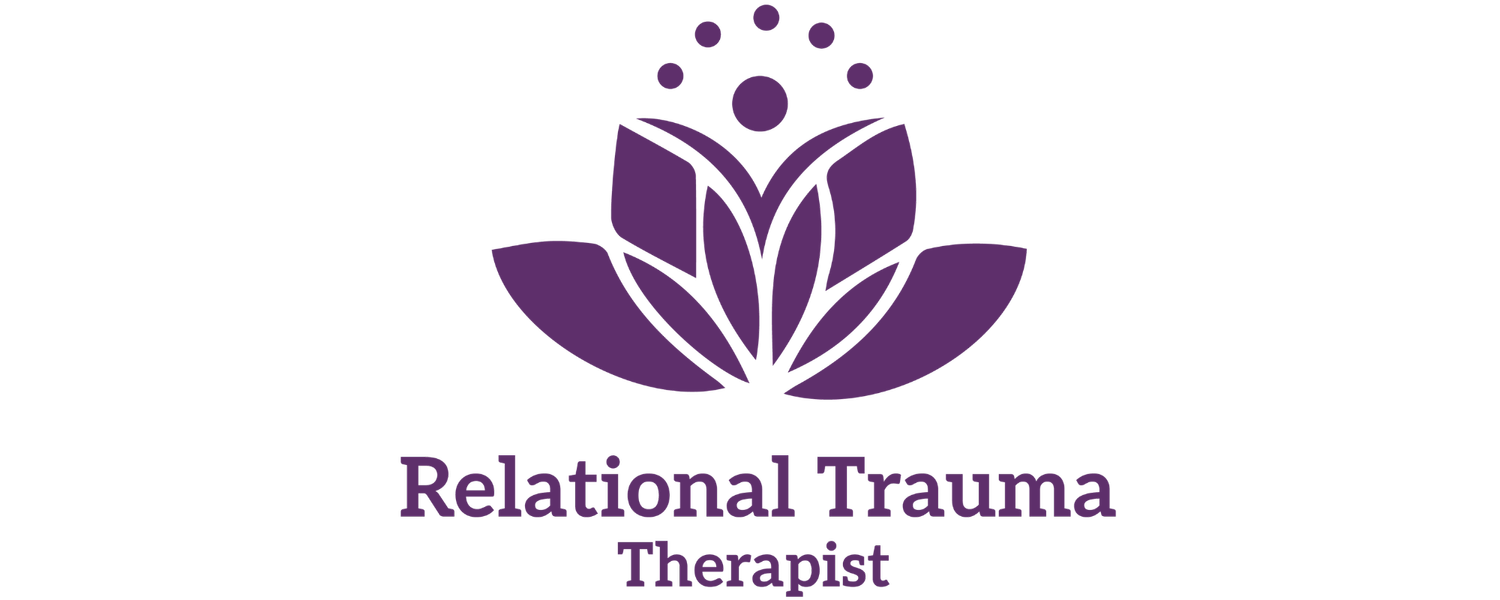How to Recognize Gaslighting in Toxic Relationships
Gaslighting is one of the most subtle yet destructive forms of emotional abuse. It’s a tactic that leaves you doubting your own memories, feelings, and even reality. Over time, it can strip away your confidence and leave you feeling isolated and powerless. But here’s the good news: recognizing gaslighting is the first step to reclaiming your reality and rebuilding your sense of self. Let’s dive into what gaslighting looks like, why it’s so harmful, and how to start healing.
What Is Gaslighting in Relationships?
Gaslighting happens when someone manipulates you into questioning your perceptions and memories. It’s often subtle at first—a dismissive comment here, a denial there. Over time, these behaviors create a dynamic where you feel increasingly dependent on the other person to define what’s real. In romantic relationships, this can be especially damaging because trust and vulnerability are meant to be the foundation of love.
Why Is Gaslighting So Harmful?
The effects of gaslighting can sneak up on you. At first, you might brush off an odd remark or think, “Maybe I’m overreacting.” But over time, the damage becomes undeniable. You start second-guessing yourself constantly. You feel like you’re walking on eggshells, afraid to upset your partner. You apologize for things that aren’t your fault. The constant self-doubt can lead to anxiety, depression, and a loss of trust—not just in others, but in yourself.
How to Spot Gaslighting
Gaslighting can show up in many forms, but here are a few common scenarios:
Dismissive comments: Maybe you’ve heard things like, “You’re being too sensitive” or “That’s not what happened.” These phrases make you doubt your feelings and experiences.
Rewriting history: They might insist an event happened differently or deny it occurred at all, even when you’re sure of what took place.
Minimizing your emotions: When you share how you’re feeling, they might belittle your concerns, making you feel like your emotions don’t matter.
Does any of this sound familiar? If so, you might be dealing with gaslighting. Trust that your feelings are valid and worth exploring.
The Emotional Toll of Gaslighting
Being gaslit isn’t just confusing—it’s exhausting. You might feel constantly on edge, wondering what’s real and what’s not. Over time, this emotional strain can lead to:
Chronic anxiety, where you’re always bracing for the next conflict.
Difficulty making decisions, even about small things, because you’ve lost trust in your own judgment.
A lingering sense of guilt or shame, as though everything is somehow your fault.
These feelings don’t mean you’re weak. They mean you’ve been living in a situation designed to make you doubt yourself.
Why Do People Gaslight?
Gaslighting isn’t your fault, and it’s important to understand that it often stems from the abuser’s insecurities or need for control. Some people gaslight to maintain power in a relationship. Others might do it unconsciously, repeating patterns they learned from their own pasts. Whatever the reason, their behavior is not an excuse to diminish your worth.
How to Protect Yourself From Gaslighting
If you’re feeling trapped or unsure, you can take steps to protect yourself. Start by trusting your instincts. If something feels off, it probably is. Reconnecting with your sense of reality is crucial. Writing things down—like conversations or events—can help you stay grounded. Setting boundaries, like refusing to engage in arguments designed to confuse you, is also key. And remember, you don’t have to face this alone. Talk to someone you trust, whether it’s a friend, family member, or therapist.
Rebuilding After Gaslighting
Healing after gaslighting takes time, but it’s absolutely possible. Start by being kind to yourself. Recognize that your negative thoughts aren’t truths; they’re the echoes of someone else’s manipulation. Therapy can be a transformative tool, helping you process the experience and rebuild your confidence. Surround yourself with people who uplift and validate you. Little by little, you’ll start to feel like yourself again.
The Role of Therapy in Overcoming Gaslighting
Therapy can help you find clarity when everything feels confusing. It offers a safe space to unpack what’s happened and build strategies to move forward. A good therapist will help you reconnect with your sense of reality and teach you how to establish healthy boundaries in future relationships. You deserve support—and healing is within reach.
Final Thoughts
Gaslighting is a painful experience, but it doesn’t define you. By recognizing the signs and seeking support, you can begin to reclaim your reality and rebuild your confidence. You’re not alone in this journey, and every step you take toward healing is a step toward a stronger, more authentic you. Remember, you deserve relationships built on respect and trust—and it’s never too late to start again.
